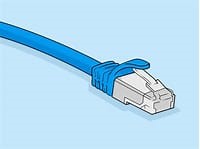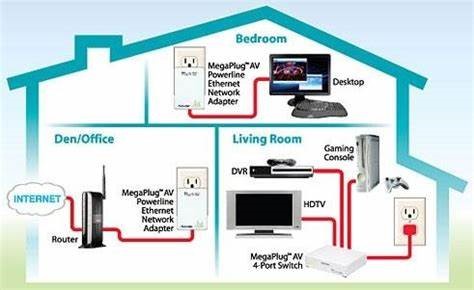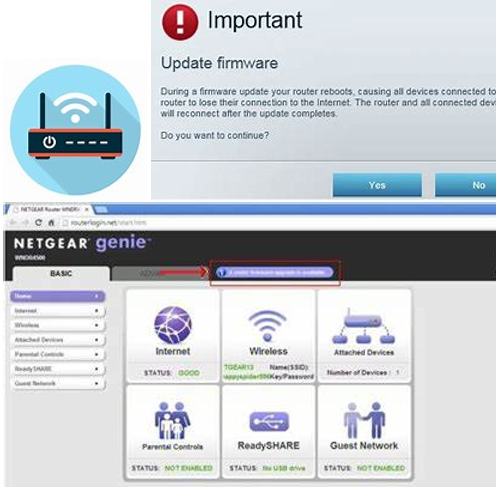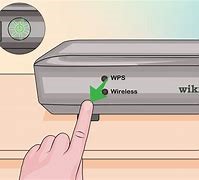How to Boost your Internet Speed of router & WiFis ?
Using Hardware Fixes Determine how old your hardware is. Unplug your router and modem for a few minutes. Upgrade your router's firmware. Reposition your router. Restart any Internet-connected items. Use a Wi-Fi range extender. Buy a new router.
1. Check Internet Connection Cable

Get an ethernet cable tester. If your LAN cable doesn’t seem to be transmitting a signal, these testers can confirm if the cable is bad. Replace the cable if any lights besides the ground don’t illuminate. If lights don’t illuminate, it indicates that the cable is not transmitting a signal.
2. Reposition Your Router

Place Your Router in the Center of Your House. If you drop a pebble in a still pond, ripples move out from the impact point in all directions. That’s more or less how radio waves work: they emanate from a central point, in all directions. Remember this when you place your router: imagine ripples moving out from the router in all directions.
Of all the ways to move your broadband router or broadband hub, I would suggest that this would probably be the best way of doing things and this is what your telephone/ internet provider will recommend. This is because for optimum internet speed & reliability it is best that your router/ modem is connected directly to your telephone master socket.
3. Check for software updates

Google “update router firmware” and your model number. Go to your WIFI router manufacturer’s website and find the support tab or link. In general, it will look like the example below. your WIFI router. Click on the download / Firmware button or link.
You’ll have to check the version of the firmware installed on your router — possibly from a separate “Status” page — and then visit the router manufacturer’s official website, find the “Support” or “Downloads” page for your specific model of router, and check for and download the latest firmware updates manually.
Once you have updated your WIFI router, check to see if you can turn on automatic updates. If you are able, it is highly recommended you turn on automatic updates. This will make keeping your WIFI router up to date with the latest security updates automatically and give you one less thing to be concerned about.
- Launch an Internet browser from a computer or wireless device that is connected to the network.
- Type http://www.routerlogin.net or http://www.routerlogin.com. A login screen displays.
- Enter the router user name and password. The user name is admin. The default password is password.
4. Use Ethernet Whenever Possible

Ethernet connections can also be used to connect to Local Area Networks (LANs) to access and share devices such as printers. You will need an Ethernet-compatible network card to access and use Ethernet connections. Verify that your computer has an Ethernet-ready network card or slot.
Ethernet is popular because it strikes a good balance between speed, cost, and ease of installation. These benefits, combined with wide acceptance in the computer marketplace and the ability to support virtually all popular network protocols, make Ethernet ideal networking technology for most computer users today.
5. Reset Your Router

Hold the button for 30 seconds. Unplug the router for 30 seconds. Hold in the reset button for another 30 seconds. If your router doesn’t have a reset button, you have to reset it using an option in its configuration interface. Quickly pressing a reset button only reboots the router without changing any usernames, passwords, or settings, and all devices should be able to quickly reconnect. Factory resetting your router however returns all settings to default and devices will have to re-enter login credentials to connect.






